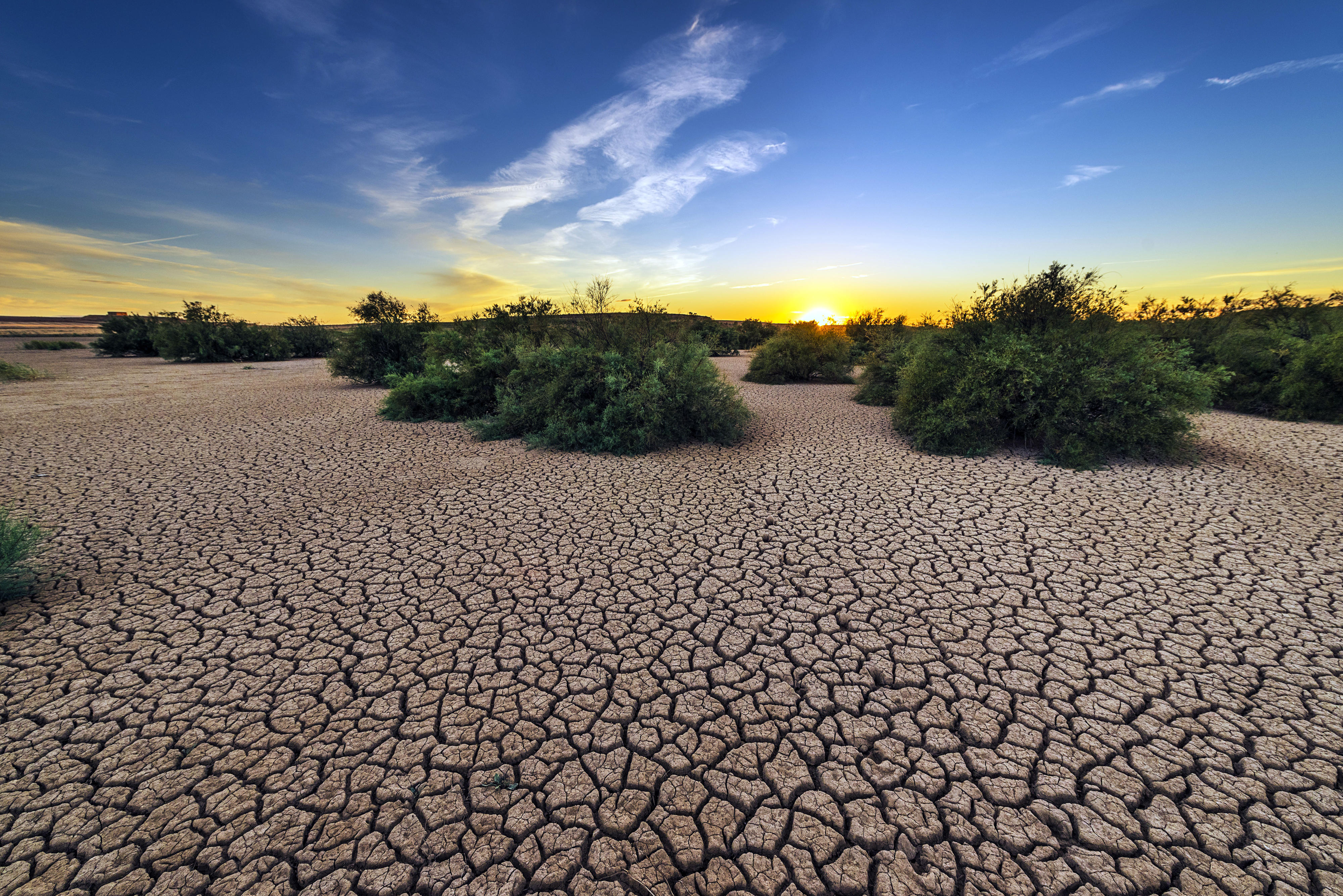COP26 Germany supports South Africa in coal phase-out
Federal Development Minister Gerd Müller remarked: “To keep the 1.5-degree target in reach, the international community must make a radical change of course and reduce emissions massively. This requires a global energy transition, which includes phasing out coal. Today, Germany agreed a phase-out of coal power with South Africa, the first partner country in the Southern Hemisphere – together with the United Kingdom, the US, France and the EU. At the moment, the country generates almost 90 percent of its power from coal. Among countries that use coal for power, South Africa is in sixth place globally. The partnership supports the decarbonisation of South African power generation, the launch of renewable energies and the creation of new jobs. This will allow South Africa to take a leadership role in socially equitable energy transition.”
Federal Environment Minister Svenja Schulze added: “The Glasgow conference can usher in a new phase in international climate cooperation, focussing on concrete implementation. The partnership with South Africa for a socially just energy transition can set standards in the field. A successful coal phase-out in South Africa has the potential to become a blueprint for other regions. Key elements that Germany will support include buffering the social and environmental impacts of structural change in mining regions and improving conditions for private investors for the expansion of renewables.”
The goal of the new partnership is to provide additional funds for South Africa for technological innovations including green hydrogen. This will be financed through the Climate Investment Funds in order to mobilise further resources, for example multilateral banks, private investments, and bilateral aid. In total, 8.5 billion US dollars are planned for the next five years, the majority of which will be loans. Germany is contributing almost 700 million euros, 670 of which will be sourced from the German development cooperation budget. The BMZ and the BMU have supported the energy and climate sector in South Africa for many years.
Investments in social infrastructure are planned to ensure a socially just coal phase-out in South Africa, particularly for the 90,000 current mine workers, vocational training for young people, career options for women, support for small and medium-sized enterprises and for regions as future hubs of innovation, for example in the fields of green hydrogen and electric vehicles. Germany will also support the South African mining regions with the environmental remediation of former mining sites.

